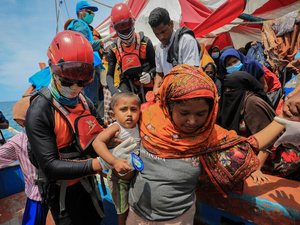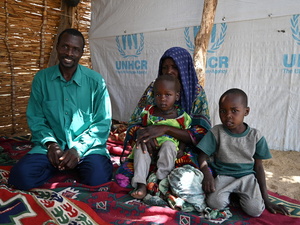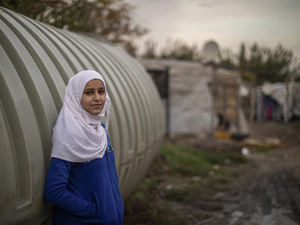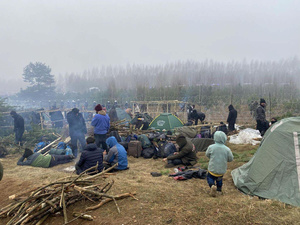Our Emergency Response to COVID-19

Our Emergency Response to COVID-19
UNHCR has been responding intensely to COVID-19 over the last few months, and your support has enabled us to stay and deliver. Here is a short report on what we have achieved so far with your support.
Water, Sanitation and Hygiene (WASH)
We've increased the number of water points and enhanced water quality, especially in overcrowded shelters, health facilities, transit and reception centres. In Bangladesh, we have installed 13,824 handwashing points and distributed soap to over 120,000 households.
Training on Healthcare
We’ve trained and equipped healthcare workers in refugee sites on surveillance for COVID-19, case management and infection control and prevention. In Syria, our risk communication activities have reached more than 614,000 individuals.
Isolation and Quarantine
We’ve set up isolation and quarantine facilities in selected camps and settlements to separate suspected and high-risk cases. In Chad, UNHCR built a quarantine centre in Kariari and a healthcare centre in the Eastern region.
Cash Assistance
We expanded the cash assistance programme to mitigate the impacts of potential economic downturn. The programme
in Pakistan, for instance, is targeting 70,000 vulnerable households.

UNHCR teams, in co-operation with UNICEF, sterilise shelters at Azraq Camp, Jordan.
Together we can overcome the COVID-19 pandemic. Please help us protect the world's most vulnerable people!











